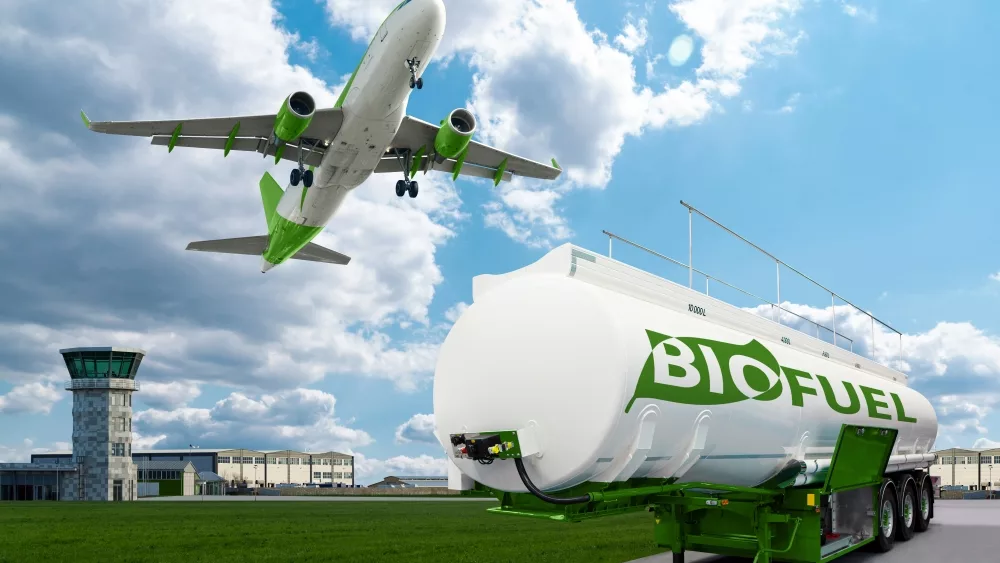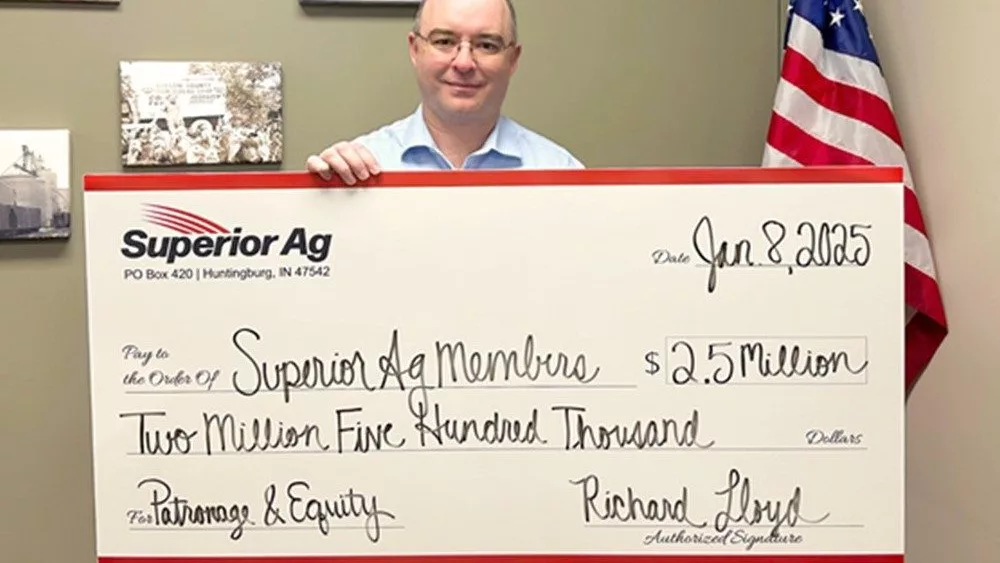The Biden administration released guidance on its sustainable aviation fuel subsidy program that allows corn-based ethanol to qualify for the program if it’s sourced from farms using climate-friendly growing techniques.
Farm Policy News from the University of Illinois says SAF can be made from corn, soy, or other agricultural products. To access the subsidies that make it economically viable, refiners must demonstrate their fuel is at least 50 percent lower in emissions than petroleum jet fuel.
Ethanol-based SAF can meet that threshold only if corn farmers use a bundle of agricultural practices that include no-till, cover cropping, and efficient fertilizer application that holds carbon in the soil.
The announcement also says soy-based biodiesel will qualify if the soy farms use a combination of no-till and cover cropping.
SAF producers are eligible for a tax credit of $1.25 to $1.75 per gallon.
“This is a stepping stone,” says Ag Secretary Tom Vilsack.
The 40B tax credit guidance and modified GREET model begins to unlock the door for U.S. ethanol producers and farmers to participate in the emerging market for sustainable aviation fuels; however, the Renewable Fuels Association says more work must be done to fully open the market to ethanol.
“We believe less prescription on ag practices and more flexibility and additional low-carbon technologies and practices should be added to the modeling framework,” says RFA chief Geoff Cooper.
Growth Energy CEO Emily Skor says the administration’s all-or-nothing approach to recognizing the value of climate-smart agricultural practices may ultimately limit innovation and overall SAF production.
The American Soybean Association says the announcement went “sideways” because, for soybean oil to qualify, they must be grown using no-till and cover cropping.
“Specifying only two practices out of a variety of options will further restrict soybean oil use as a SAF feedstock,” says Josh Gackle, ASA President.





